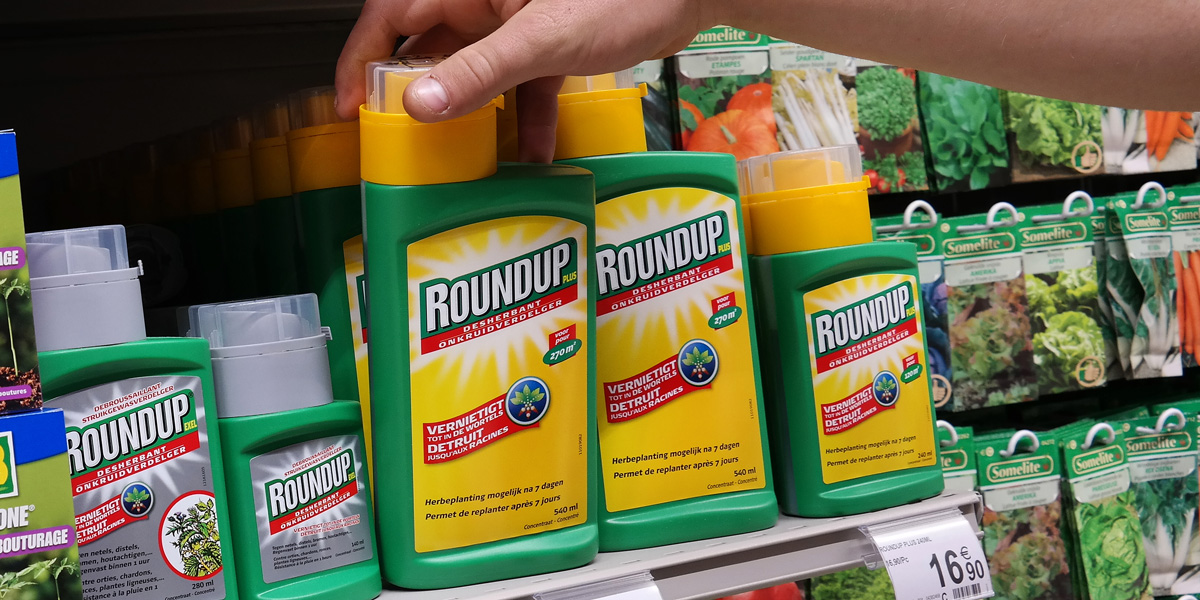
New review highlights scientific failures as well as conflicts of interest in regulatory agencies
What's wrong with the way glyphosate is regulated? Plenty, as shown in a new review by Dr Eva Novotny. Dr Novotny highlights scientific shortfalls in the regulatory process as well as issues with integrity and objectivity.
The scientific shortfalls include the failure to require long-term safety testing on the glyphosate formulations as sold and used, which research shows are far more toxic than the isolated active ingredient glyphosate alone. Currently glyphosate alone is evaluated for long-term toxicity, though almost everybody who is exposed to glyphosate is exposed to the formulations.
On the issue of the integrity of the approvals process, Dr Novotny writes that the regulation of glyphosate in the European Union and in the US is corrupted by malpractices arising from conflicts of interest. For example, there are close ties between the regulators and the industry they are supposed to regulate, including "revolving doors" between the regulators and the industry.
As the review explains, "Officials from industries that produce pesticides and GMO crops are placed in high positions in the regulatory agencies, and the actions of the agencies are then steered towards ensuring a favourable outcome for applications to bring to market the products of those industries."
Moreover, regulators place heavy reliance on unpublished papers produced by the industry, while dismissing papers published by independent scientists. The review notes, "In spite of the large and growing number of papers published by independent scientists revealing harm, the assessment processes have largely dismissed these papers on bureaucratic technicalities."
The paper concludes, "Sweeping regulatory reform is urgently needed to prevent further harm to humans, animals, and the environment... At present, governments are narrowly focused on bolstering the economy via the huge profits made by giant corporations selling pesticides and GMOs, and regulators work closely with these industries. The result of these practices is that the health of people and animals suffers, and the environment becomes degraded. It is time to excise the corruption."
The open-access review is comprehensive, well written, and easy to read, even for the non-scientist. It is published in the journal Toxics.
---
The new review:
Glyphosate, Roundup and the failures of regulatory assessment
Eva Novotny
Toxics 2022(10), 321. https://doi.org/10.3390/toxics10060321









